What doesn't kill you makes you stronger
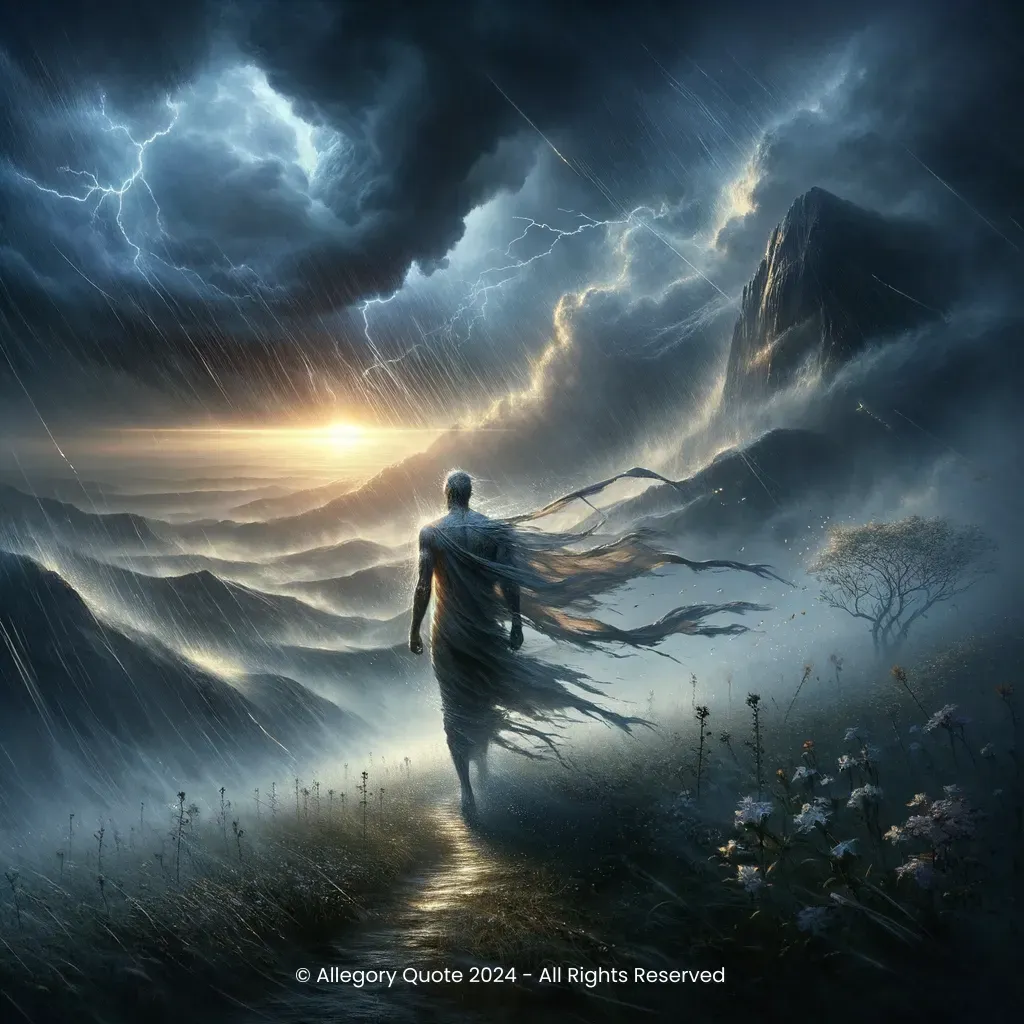
0
0
0
0
- Meaning
- This phrase implies that enduring hardships and overcoming obstacles can increase one's resilience and inner strength. The underlying philosophy asserts that struggles and challenges, rather than defeating us, can contribute to our growth and development, making us stronger individuals capable of facing future adversities with greater fortitude.
- Allegory
- The image elements include a stormy landscape to signify adversity and challenges, with the figure walking through it as a metaphor for facing and enduring hardships. The faint glow around the figure symbolizes inner strength and resilience, while the parting clouds suggest emerging hope. The sturdy mountain in the distance represents the strength gained and the steadfastness that comes from overcoming difficulties. Finally, the blooming flowers along the path reflect personal growth and new beginnings, illustrating the positive outcomes of enduring and surviving life's storms.
- Applicability
- The practical application of this phrase lies in adopting a resilient mindset. When facing tough situations or experiencing setbacks, remembering this phrase can provide motivation to persevere. It encourages us to view challenges as opportunities for personal growth rather than insurmountable barriers.
- Impact
- This phrase has had a significant cultural impact, resonating well beyond the realm of philosophy. It has been widely quoted in motivational speeches, literature, music, and popular culture. It speaks to the universal human experience of facing adversity and emerging stronger, making it a powerful and enduring aphorism.
- Historical Context
- Nietzsche coined this phrase in the late 19th century, a time characterized by significant social, political, and industrial changes. The period was marked by existential debates as people grappled with evolving societal norms and uncertainties introduced by rapid modernization. Nietzsche's philosophies, including this phrase, often addressed the human capacity to endure and find meaning amid such changes.
- Criticisms
- Critics argue that the phrase can be overly simplistic and might not apply to all situations. Some challenges or traumas can have lasting negative effects on individuals, potentially leading to psychological distress rather than strength. This criticism highlights the complexity of human experiences and the different ways people respond to adversity.
- Variations
- Variations of this phrase can be found across different cultures and languages, often conveying similar sentiments about resilience and strength in the face of adversity. For example, in Japanese culture, there is a saying, “Fall seven times, stand up eight,” which emphasizes perseverance.
-

Life is struggle.
-

Government of the people, by the people, for the people.
-

The unexamined life is not worth living.
-
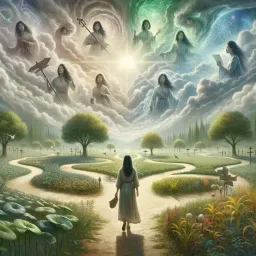
We are our choices.
-
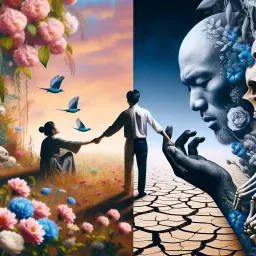
Love conquers all things, except poverty and toothache.
-

Every time I mention your name, you live in my prayer.
-
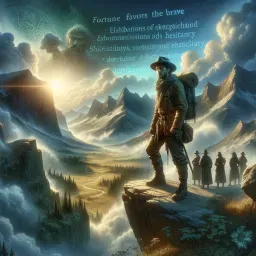
Fortune favors the brave.
-

Der frühe Vogel fängt den Wurm.
-

That which does not kill me makes me stronger.
-
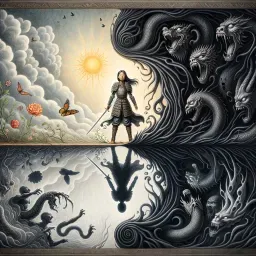
Battle not with monsters, lest ye become a monster, and if you gaze into the abyss, the abyss gazes also into you.
-

I’m a real boy!
-
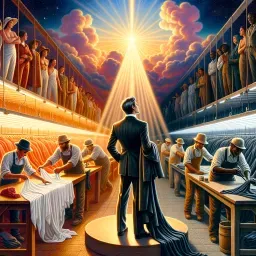
I pity the man who wants a coat so cheap that the man or woman who produces the cloth will starve in the process.
No Comments